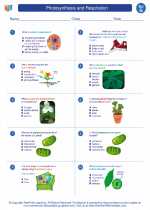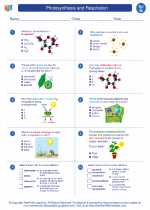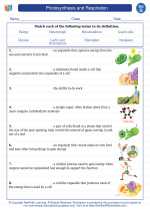Biodegradable Lubricants
Biodegradable lubricants are lubricants that are capable of being decomposed by bacteria or other living organisms. They are designed to minimize environmental impact and reduce pollution. These lubricants are used in a wide range of applications, including automotive, industrial, and marine industries.
Properties of Biodegradable Lubricants
- Environmental Friendliness: Biodegradable lubricants are formulated to have minimal impact on the environment. They are non-toxic and do not persist in the environment.
- Renewable Sources: Many biodegradable lubricants are made from renewable resources such as vegetable oils, animal fats, or synthetic esters.
- High Performance: Despite being environmentally friendly, biodegradable lubricants are designed to provide high performance and lubrication properties.
- Biodegradability: These lubricants are designed to break down into simpler compounds through natural biological processes, reducing their impact on the environment.
Applications of Biodegradable Lubricants
Biodegradable lubricants are used in a variety of applications, including:
- Hydraulic systems
- Gearboxes
- Chains and conveyors
- Compressors
- Marine applications
- Forestry and agriculture equipment
Advantages of Biodegradable Lubricants
There are several advantages to using biodegradable lubricants:
- Environmental protection
- Reduced risk of contamination
- Compliance with environmental regulations
- Improved worker safety
- Enhanced equipment performance
Study Guide
To study biodegradable lubricants, you should focus on the following key areas:
- Understanding the environmental impact of conventional lubricants
- Properties and characteristics of biodegradable lubricants
- Applications and industries where biodegradable lubricants are used
- Advantages and disadvantages of biodegradable lubricants
- Regulatory standards and certifications for biodegradable lubricants
By mastering these areas, you will have a comprehensive understanding of the importance and benefits of biodegradable lubricants.
.◂Science Worksheets and Study Guides Seventh Grade. Photosynthesis and Respiration
Worksheet/Answer key Photosynthesis and Respiration
Photosynthesis and Respiration  Worksheet/Answer key
Worksheet/Answer key Photosynthesis and Respiration
Photosynthesis and Respiration  Worksheet/Answer key
Worksheet/Answer key Photosynthesis and Respiration
Photosynthesis and Respiration  Vocabulary/Answer key
Vocabulary/Answer key Photosynthesis and Respiration
Photosynthesis and Respiration  Vocabulary/Answer key
Vocabulary/Answer key Photosynthesis and Respiration
Photosynthesis and Respiration  Vocabulary/Answer key
Vocabulary/Answer key Photosynthesis and Respiration
Photosynthesis and Respiration 

 Worksheet/Answer key
Worksheet/Answer key
 Worksheet/Answer key
Worksheet/Answer key
 Vocabulary/Answer key
Vocabulary/Answer key
 Vocabulary/Answer key
Vocabulary/Answer key
 Vocabulary/Answer key
Vocabulary/Answer key

The resources above cover the following skills:
LIFE SCIENCE
Ecosystems: Interactions, Energy, and Dynamics
Examine the cycling of matter between abiotic and biotic parts of ecosystems to explain the flow of energy and the conservation of matter.
Generate a scientific explanation based on evidence for the role of photosynthesis and cellular respiration in the cycling of matter and flow of energy into and out of organisms.